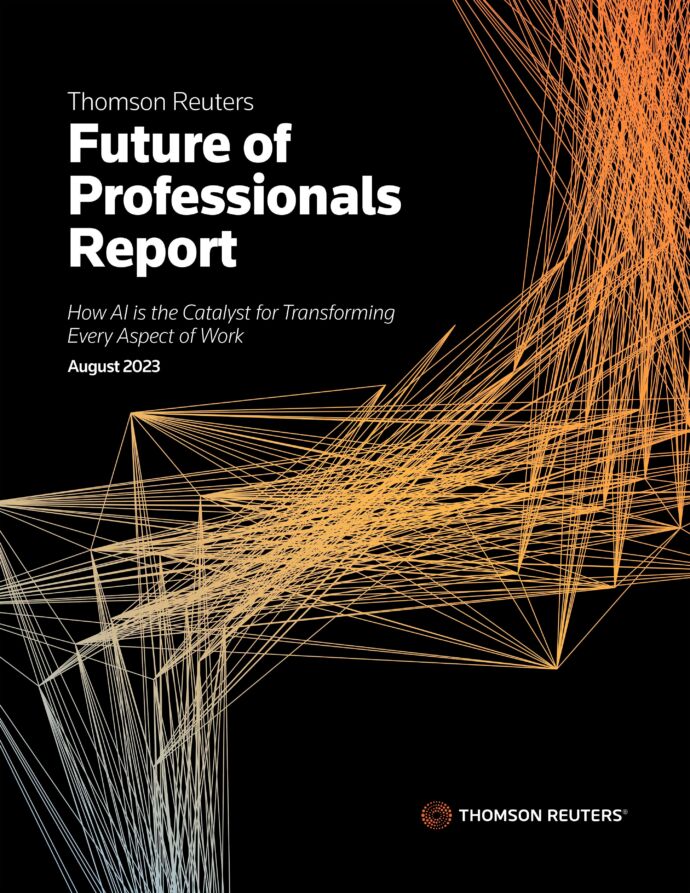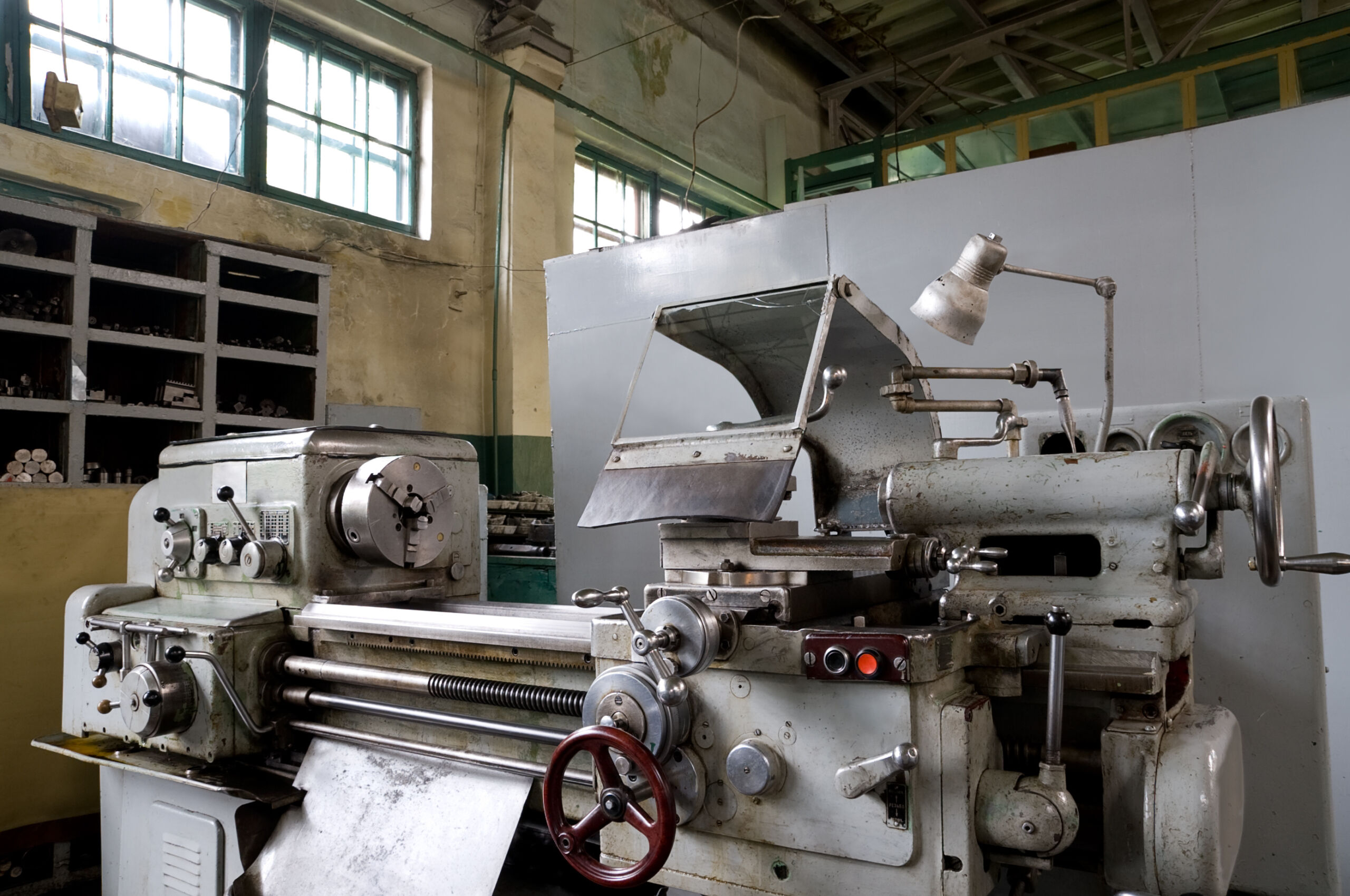Business Tax Reform Critical to Capital Investment Set to Expire Soon
At a moment when countries are trying to make production more environmentally friendly and shore up supply chain weaknesses, capital investment is critical. Unfortunately, some countries’ important investment incentives are scheduled to decrease in the coming years—including in four countries that account for nearly a quarter of global private investment. Policymakers now have an opportunity to support long-term growth by making these policies permanent.
When businesses make investments in physical assets, they consider how profitable a new production facility or machine might be. One factor that impacts profitability is the tax treatment of investment costs. If investment costs can be immediately deducted, the business is able to make the investment without worrying about inflation eroding its deductible costs. However, most countries require businesses to deduct costs over time—in some cases decades—which raises the after-tax cost of making an investment by eroding the value of deductions.
The rules that specify how much of an investment can be deducted each year are called depreciation schedules, and the amount available to be deducted is called a capital allowance.
Recently, we published a report on capital allowances in developed countries. It showed that on average, in 2022, the 38 countries in the Organisation for Economic Co-operation and Development (OECD) provided businesses with the ability to deduct only 70.7 percent of their investment costs over time. The calculation accounts for the time value of money, which is impacted by inflation.
Additionally, in high-inflation scenarios like the current one—where the OECD annual inflation was 9.6 percent in 2022—the investment amount businesses are able to recover is significantly diminished. An increase in inflation from 2 percent to 9.5 percent reduces the investment costs businesses can recover by up to 15 percentage points. On average, 44.2 percent of investment costs would not be deductible in OECD countries.
In 2022, some countries had provisions to allow businesses to deduct the full costs of investment, including Chile, Estonia, and Latvia. Other countries, including Canada, the United Kingdom, and the United States, provided full deductions for certain investments in equipment. Unfortunately, some of these policies are temporary.
As the policies expire, the after-tax cost of investment will rise. In fact, from 2023 to 2027, the amount of investment costs that businesses can deduct is expected to fall from the 2022 level of 70.7 percent to 68.1 percent. When weighting the data by GDP, the decline is from 68.7 percent to 64.5 percent.
Chile’s temporary full expensing for all assets implemented in 2020 already expired at the end of 2022.
In Canada, a policy that provides immediate deductions for investments in equipment will begin phasing out in 2024 until it fully expires after 2027. The policy was first put in place in 2018.
In the United States, bonus depreciation, which was adopted in 2017, is phasing out in 2023. By 2027, the treatment of business investment will return to a much less generous policy.
In Germany, accelerated depreciation schedules for machinery that were in place for the years 2020-2022 are set to expire unless renewed again in June 2023.
Nevertheless, countries like the United Kingdom or Finland recognized the importance of capital allowances in supporting business investment and decided to prolong or modify the policies set to expire.
In the United Kingdom, the temporary super-deduction of 130 percent for equipment that expired at the end of March 2023 was substituted by temporary full expensing set to expire on March 31, 2026. Additionally, long-life asset investments will be subject to a 50 percent first-year deduction. Moreover, British Chancellor Jeremy Hunt expressed his intention to make full expensing permanent “as soon as we can responsibly do so.” On the other hand, the corporate tax rate increased from 19 percent to 25 percent as of April 2023.
In Finland, the declining-balance depreciation rate for machinery was temporarily doubled for the years 2020-2023. A proposal to extend the increased depreciation rules to 2025 was recently approved.
While a permanent expansion of capital allowances would support business investment, capital formation, and economic growth over the long term, temporary expansions have much more limited impacts. Businesses may accelerate some investment decisions they had already planned, but that just changes the timing for when investments happen rather than increasing the level of investment overall.
The policies in Canada, Germany, the UK, and the U.S. are particularly important. In 2019, the four countries accounted for 22 percent of worldwide private investment. If their policies are not geared toward investment, it will put a drag on worldwide investment and economic output.
Rather than adopt temporary policies that phase out and expire, policymakers should focus their efforts on long-term reforms to support investment. In fact, Canada, Germany, the U.S., and the UK should aim to permanently provide immediate deductions for investments in machinery and equipment, and for all other capital investments they should provide adjustments for inflation and the time value of money.
Note: Originally posted on May 2, 2022, this post has been updated to reflect recent policy developments.






